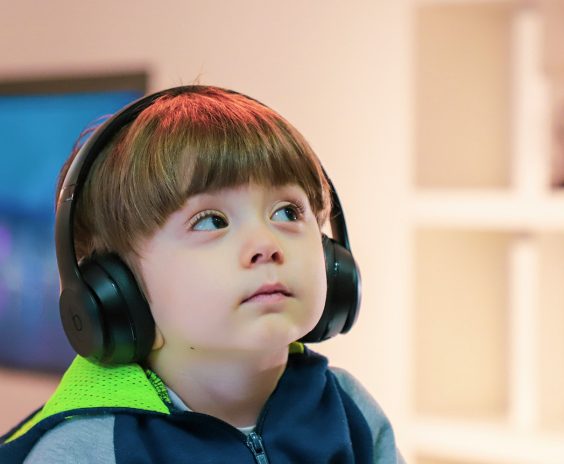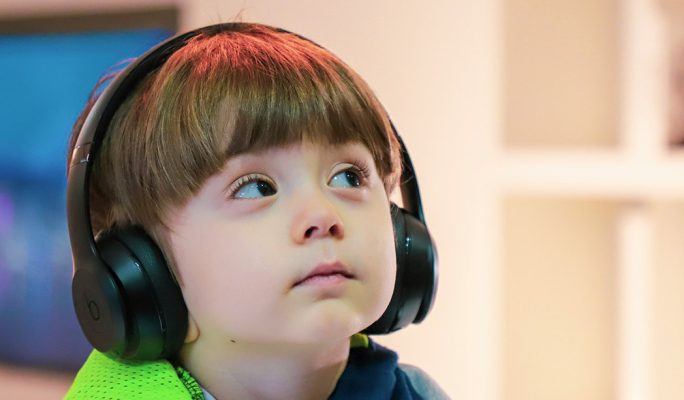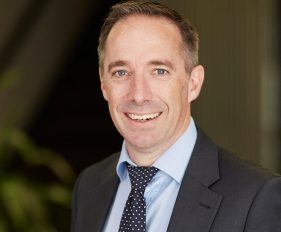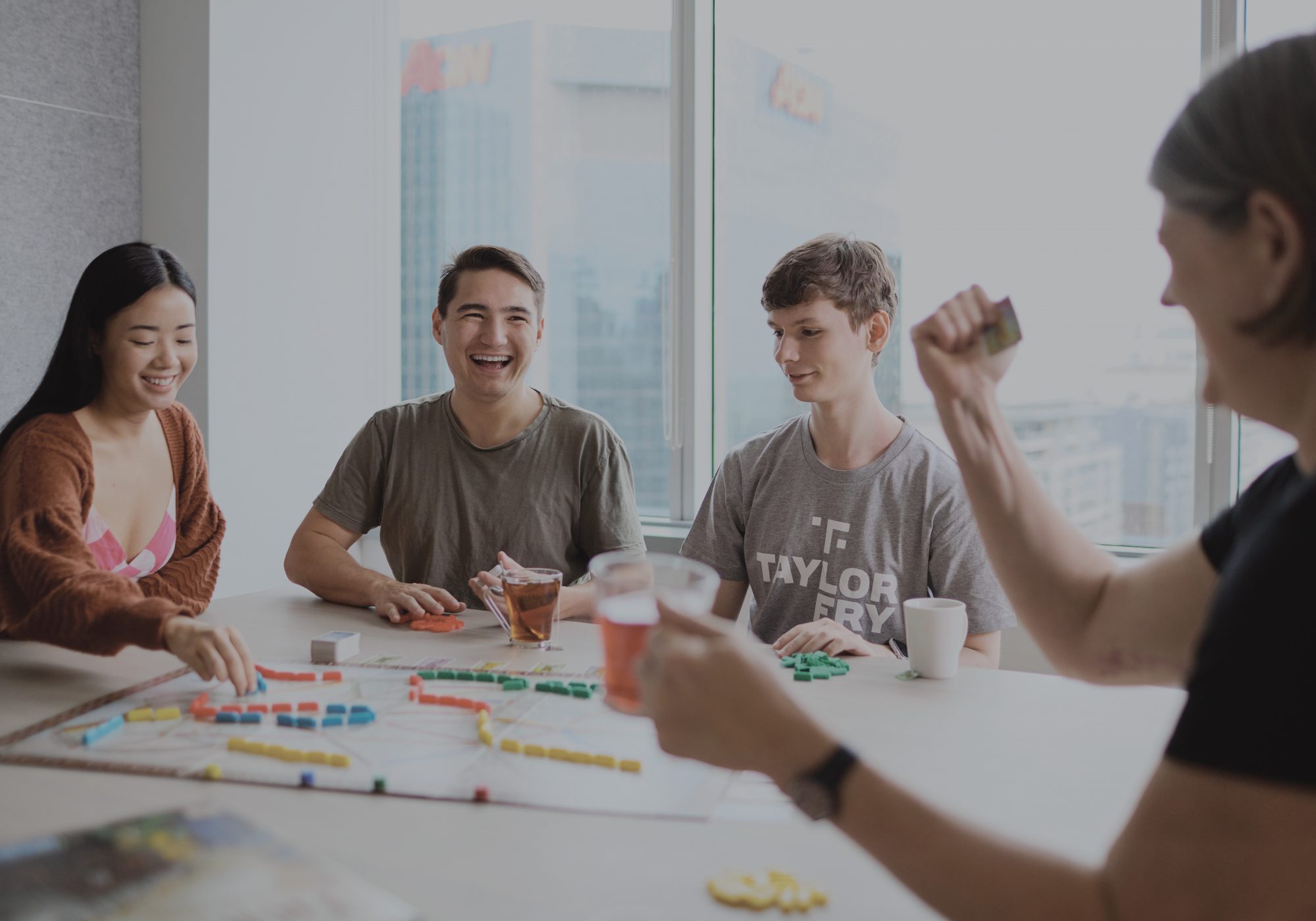
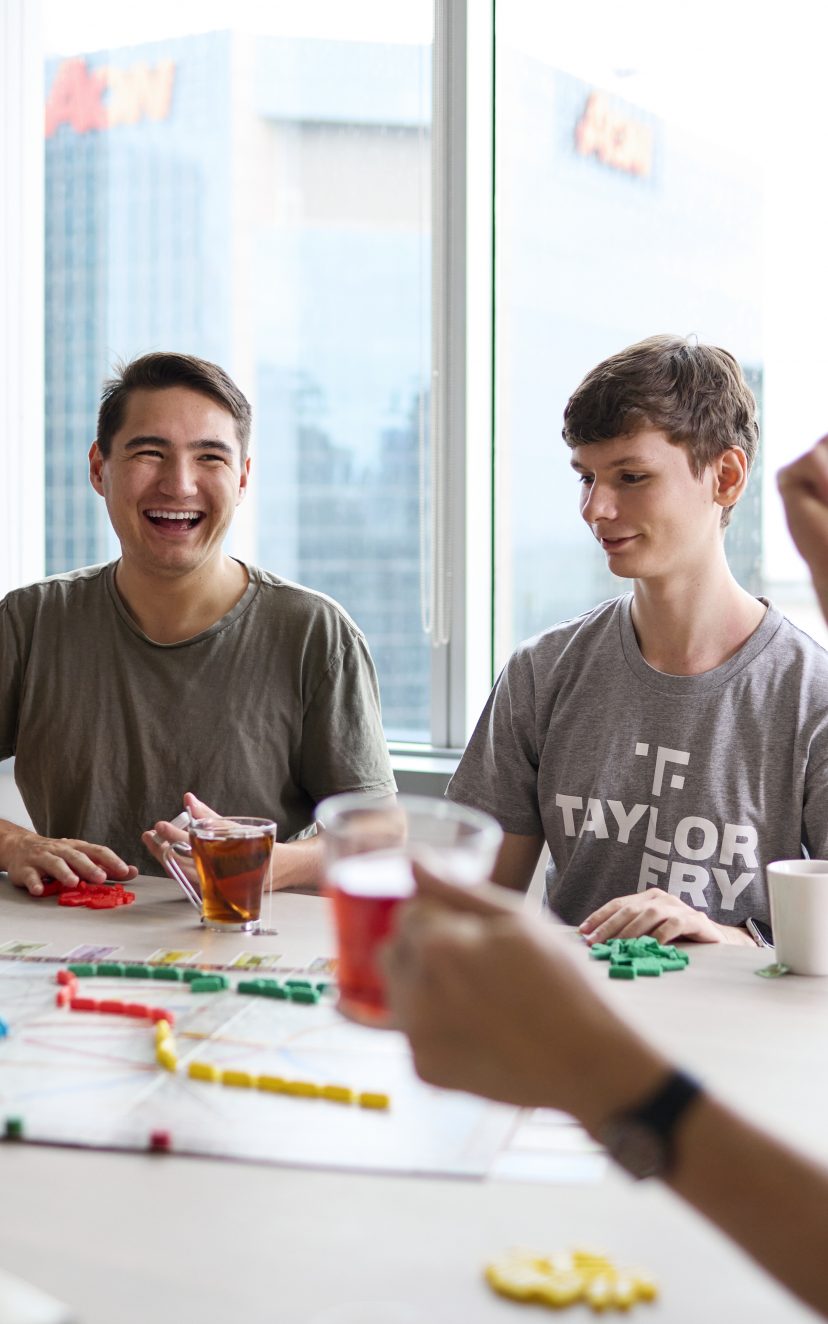
Sharing the newbie experience ...
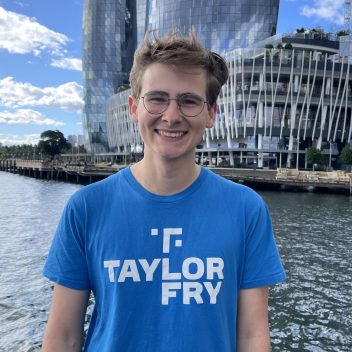
James Laurence
Sydney
Home team: Government
Studied: Actuarial Studies and Finance, ANU
How did you feel walking in the door on your first in-office day?
I was a bit nervous, but I had one of the other grads with me, so it was nice knowing we were starting together and that’s been a plus all along. Even though we’re working on different projects now, it’s great knowing other people are starting on the journey with you.
Is consulting what you expected?
I never really sat down and thought about what it would be! At this stage, I’ve had the chance to engage with a range of clients through juggling a couple of projects and taking on ad hoc work when I’m not busy. So I’m constantly learning and applying that knowledge to really cement my fledgling understanding.
How do you manage to juggle work with your Actuaries Institute study?
I like to start my day with study, so I come to the office at 7am and study for an hour or so every day before work. I finish at 4pm, so I still have my afternoons and weekends free, which works really well for me. Everyone has slightly different study preferences and we have the flexibility here to make it work.
What do you value most at work?
Having all my questions answered so generously. I have a jumble of technical, background, qualitative and professional questions, and each has been answered – no matter how silly. If the answer isn’t obvious, we work a solution together. As a grad, well-placed questions are the best way to get to the heart of the matter.
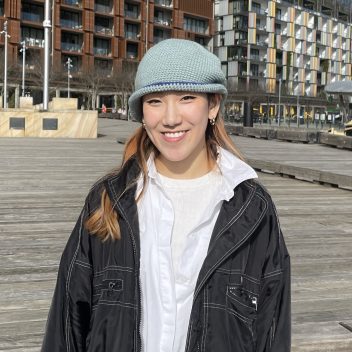
Emma Liu
Sydney
Home team: Injury Schemes
Studied: Bachelor of Actuarial Studies/Bachelor of Science (Bioinformatics), UNSW
How have you settled into the work environment?
It was helpful to have time at the start to brush up on technical skills, and get familiar with Taylor Fry tools and projects. It’s a lot of interesting learning, which was a bit overwhelming at first, but my buddy and my team always check in, which has made things much easier. Everyone’s incredibly generous with their time.
What motivated you to get involved in the social activities on offer?
We have a coffee chat rotation and everyone’s led such interesting lives – I want to know every detail! We also have a big grad cohort, so it’s a lot of fun on boardgames night. I’m a fan of social sports, too – they’re a great chance to be a beginner, which works because I’m hand-eye coordination challenged most days.
How has covid affected your life as a grad?
We started virtual but always had the option to come into the office, which I think a lot of us took advantage of in summer when we started. We’re still owed an escape room trip I think, but otherwise our life has been the closest to pre-covid in a couple years, which I’m grateful for!
How would you sum up your first-job experience so far?
There’s honestly nothing better than learning and being challenged while being totally comfortable – ask all the questions you want, to anyone, the way it works for you. As an aspiring actuary, it’s undeniably the right environment for me to grow.
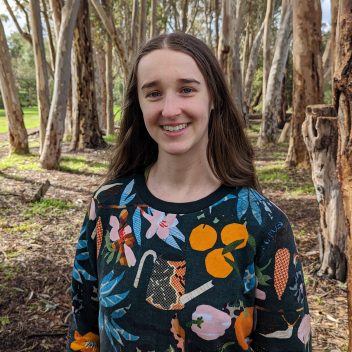
Sarah Webster
Melbourne
Home team: General Insurance
Studied: Bachelor of Science (Mathematics), The University of Melbourne/
Bachelor of Actuarial Science, Monash University
How are you finding the Melbourne office?
Being one of only two grads this year means I spend a lot of time with people who are different from me in age, experience and interests. It pushes me out of my comfort zone, but it also means I’m part of a tight-knit office. The work is engaging and my input is valued – plus I have my own desk, so no hot-desking!
What type of work are you involved in?
I’m working on a big code-heavy analytics project, so my programming skills are constantly improving. Recently, I was introduced to the magic of the multi-line cursor in code editors, which is very handy for situations where you need to make the same changes to many lines of code at once. Simple yet powerful!
What have you discovered about consulting so far?
There’s so much variety in what you do and how busy you are. For example, many projects have a quick turnaround of a few weeks, but my project is set to take place over a few years. It’s unusual as a grad, but exciting to be part of something so big. As a consultant, you’re always learning and being challenged.
Why did you become an actuary?
I first heard the word ‘actuary’ in Year 10, but it was still a mystery to me when I came to choose uni subjects, so I picked maths. I decided to become an actuary after I took second-year probability (a core actuarial subject). I loved the mix of really cool theory as well as interesting real-world application.
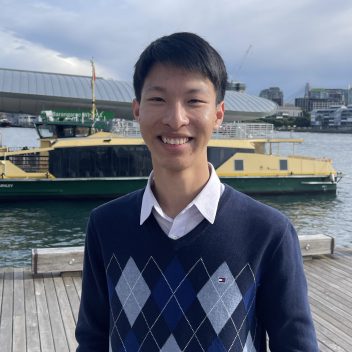
Dennis Zhao
Sydney
Home team: General Insurance
Studied: Bachelor of Actuarial Studies, Bachelor of Commerce (Finance), UNSW
What’s your take on uni learning vs on-the-job learning?
Uni gave me a strong foundation, while the job has taught me how to be aware of and consider client perspectives and the real-world consequences of what I do. It’s a bit like solving a jigsaw puzzle. University has given me the pieces, and now I’m putting everything together and seeing the bigger picture at work.
How do you incorporate ethical thinking in your day-to-day work?
Coming to an ethically sound decision that balances competing needs can be difficult. It’s easier to dive into the technical details of a project, but I always remind myself that behind every number is a person, and that my decisions will affect that person one way or another.
How do you balance working from home vs in the office?
We have a lot of flexibility, so I go into the office about three times a week, and start and end the day later to avoid the rush-hour bustle. Working from home allows me to skip my lengthy commute and really focus on my tasks, but I miss the personal development and social aspect of being in the office.
What’s your advice for someone thinking about becoming an actuary?
Actuaries do more than just look at numbers. If you have an analytical mindset and want to make a positive, meaningful impact in a tight-knit industry, it’s a great option. The work is challenging, but overcoming complex problems can give you a real sense of satisfaction in contributing to society.

